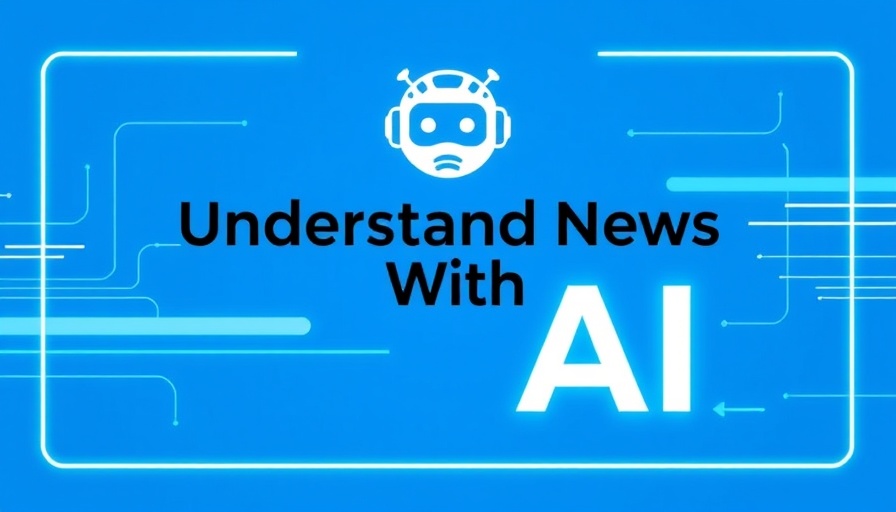
What If Billionaires Paid Taxes Like the Upper-Middle Class?
Recent discussions around tax equity have stirred significant debate, particularly around the hypothetical scenario where billionaires paid taxes analogous to the upper-middle class. One engaging approach to this topic came from an unlikely source: ChatGPT, the AI language model. Its predictions posited that such tax reforms could drastically reshape our economy. But do real experts share this view?
Understanding the Income Tax Landscape
To make sense of this conversation, it’s crucial to grasp the current state of income tax in the U.S. The wealthy often exploit loopholes, resulting in them paying a lower effective tax rate compared to middle-class families. As per recent statistics, the top 1% of earners contribute significantly less in taxes relative to their income than those in the upper-middle class, a trend that raises eyebrows nationwide.
The Ripple Effects of Tax Reform on Business Development
If billionaires faced taxation similar to the middle class, the effects could extend well beyond individual wealth. States like Ohio and Michigan, where entrepreneurs are crucial for job creation, might experience shifts in how investments are made. For instance, increased tax revenues could bolster funding for local business development programs. This potential influx might inspire new startups and further invigorate local economies.
Counterarguments: Will It Really Change Anything?
While the notion of equitable taxes for billionaires sounds promising, critics assert that the anticipated consequences may not materialize as optimistically predicted. Some prominent economists cite that wealthy individuals might simply relocate to more tax-friendly regions, circumventing the implications of such policies. This presents a nuanced perspective in the debate, as mere taxation shifts may not necessarily lead to widespread economic rejuvenation.
Future Predictions: A More Equitable System?
In evaluating these projections, one can’t help but ponder the long-term vision of a more equitable tax system. If reform advocates push for structural adjustments that ensure all contribute fairly, it may foster a more resilient economy. Studies from areas like Toronto show that investments in local business development lead to sustained job creation. Could a similar model manifest in the U.S.?
Insights for Local Entrepreneurs
For entrepreneurs in the Great Lakes region, these discussions may lead to renewed optimism. With increased funding originating from a tax system that addresses current disparities, regions like Cleveland and Detroit could see a boom in new business initiatives. Furthermore, as state policymakers contemplate these tax frameworks, local entrepreneurs should stay informed and strategically aligned to leverage any potential benefits.
Why Understanding Taxation Is Vital for Everyone
Overall, comprehending the implications of tax policies shapes how communities develop economically. As citizens, keeping an eye on these discussions not only informs us but empowers us to participate in the dialogue surrounding equitable taxation. This higher engagement could ultimately lead to better advocacy for policies that support both individual growth and community-wide prosperity.
In conclusion, while the thoughts presented by ChatGPT present an interesting hypothesis on tax policies, the insights gleaned from experts provide deeper context. Understanding these dynamics is crucial not only for economic discourse but for practical, on-the-ground implications that affect local businesses and communities nationwide.
 Add Row
Add Row  Add
Add 




Write A Comment